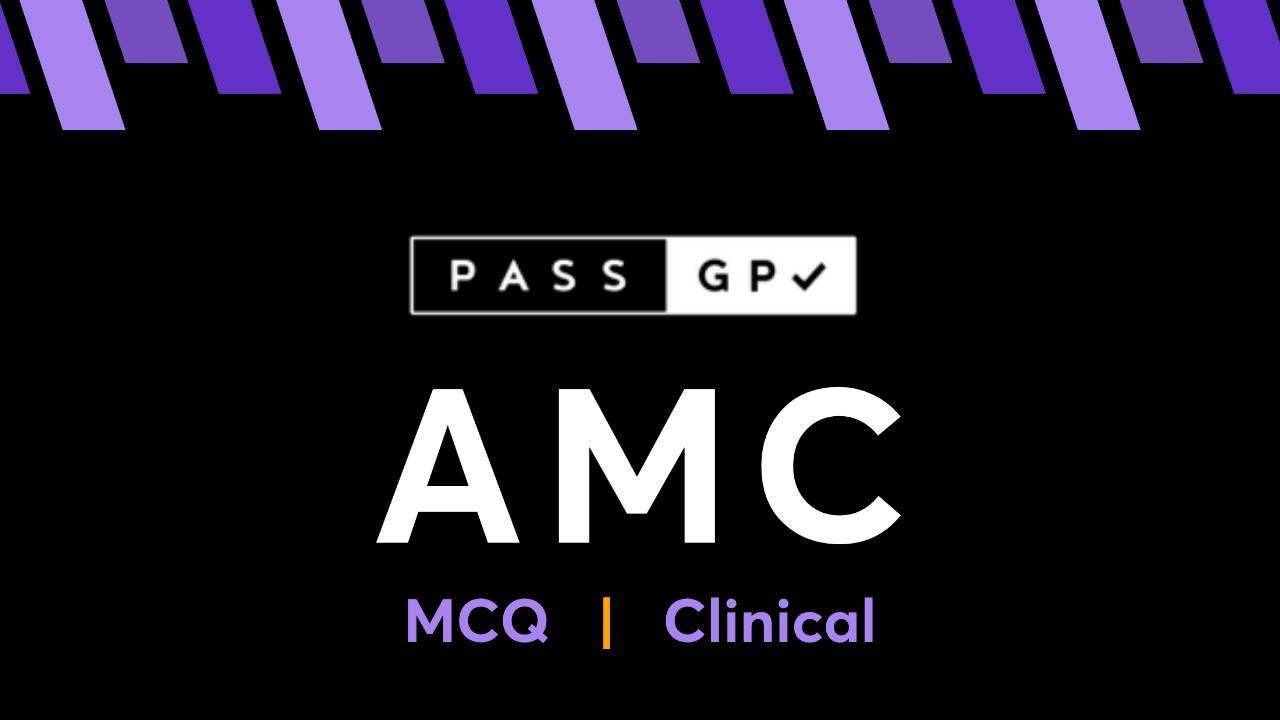Reflections from the PassGP Chief Examiner: Common Pitfalls to Avoid in the Clinical Exam
Apr 03, 2025
Having spent over a decade a National and Chief Examiner, I’d like to share a few personal reflections — not on behalf of any organisation but based on years of experience sitting across from hundreds of candidates.
The AMC Clinical Exam is a high-stakes moment, and understandably, candidates bring with them a mix of anxiety, preparation, and sometimes... habits that don’t quite help their cause. Here are a few patterns my colleagues and I regularly observed — and quietly wished would stop.
(A) The “Recall Script” Performance
Some candidates come in with rehearsed answers based on recall questions. They begin speaking at the examiner — not to them — with lengthy, generic monologues that bear little relevance to the case at hand.
This isn’t a memory test. The best candidates respond thoughtfully, communicate like clinicians, and adapt their answers to the actual scenario in front of them. Remember: the exam is assessing how you think, not how well you recite.
(B) Rushing Through at High Speed
A fast pace is often a red flag — not a sign of confidence, but of panic. When candidates speak too quickly, it usually means they’re trying to squeeze in everything they’ve memorised, regardless of whether it’s appropriate.
The result? A muddled, disorganised response that leaves the examiner unclear about your clinical reasoning. Take a breath. Slow down. Show that you are in control of your thoughts — and your consultation.
(C) Unusual or Inappropriate Language
Phrases like “nasty growths” or “yucky rash” don’t belong in a professional clinical setting. They may be meant to simplify language, but they come across as imprecise — or worse, unprofessional.
Use clear, accurate terminology. This is your opportunity to demonstrate that you can communicate sensitively and appropriately in a healthcare context.
(D) Excessively Long Differential Lists
Differentials are important — but a list of 10–15 possibilities, most of which are irrelevant, doesn’t demonstrate clinical skill. In fact, it often suggests a lack of prioritisation.
Focus on a concise, relevant differential that reflects the presenting complaint, the patient’s age, and the likely pathology. Quality over quantity will always serve you better.
(E) Overcomplicated Management Plans
This is one of the most common traps. Candidates attempt to outline complex management plans — often with impressive-sounding interventions — but fail to explain them clearly or logically.
The best responses are structured, evidence-based, and tailored to the patient. Simplicity, when appropriate, is a strength. If the plan is too difficult to explain, it’s likely too difficult to execute.
A Final Word of Encouragement
At its heart, the AMC Clinical Exam is about safe, competent, and effective communication. Examiners aren’t looking for perfection. We’re looking for clinical reasoning, professionalism, and the ability to interact in a clear, respectful, and patient-centred manner.
So don’t focus on trying to say everything. Focus on saying the right things, at the right time, in the right way.
After all, this is not just an exam — it’s a reflection of how you’ll care for real patients in the real world.







